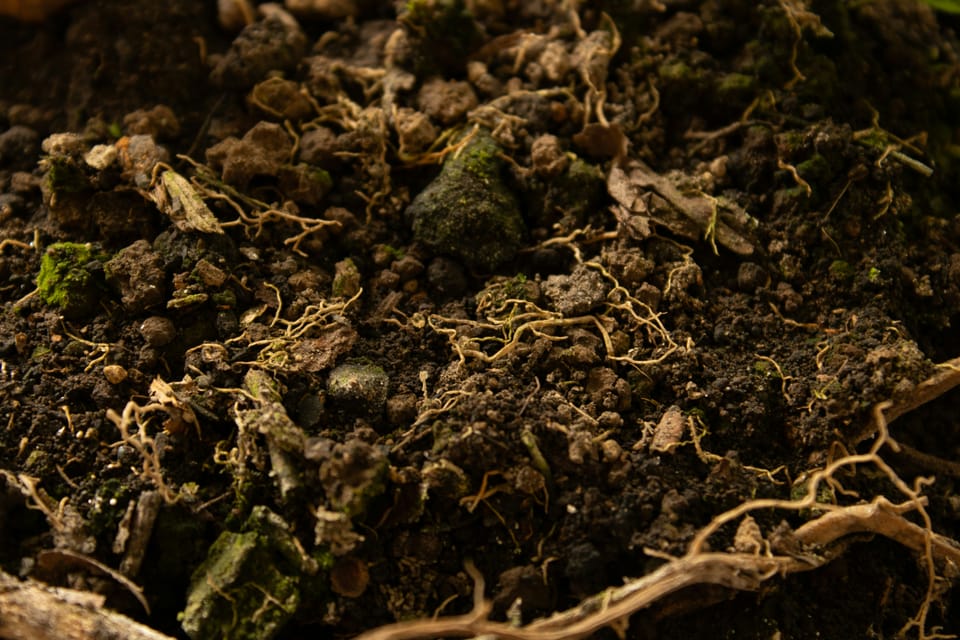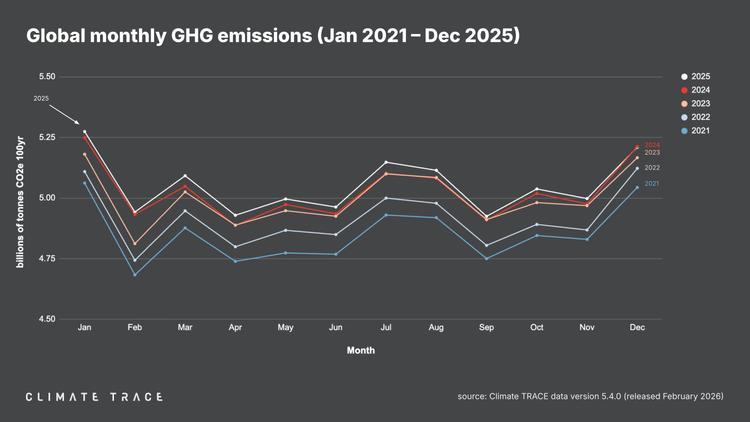New Verra-approved tool uses AI to measure soil carbon in agricultural projects
Several firms have committed to implementing this tool, including Bayer, rTek, Anthesis, and Cool Path.

The solution developed by Perennial will be used to quantify soil carbon in agricultural land management projects selling carbon credits through Verra.
Agricultural management and forestry projects improving soil quality to store more CO2 from the atmosphere are gaining popularity as companies seek to reduce the carbon footprint of agricultural commodities. But measuring the quantity of carbon in soil is a difficult exercise, making the sale of carbon credits from these activities prone to greenwashing claims.







